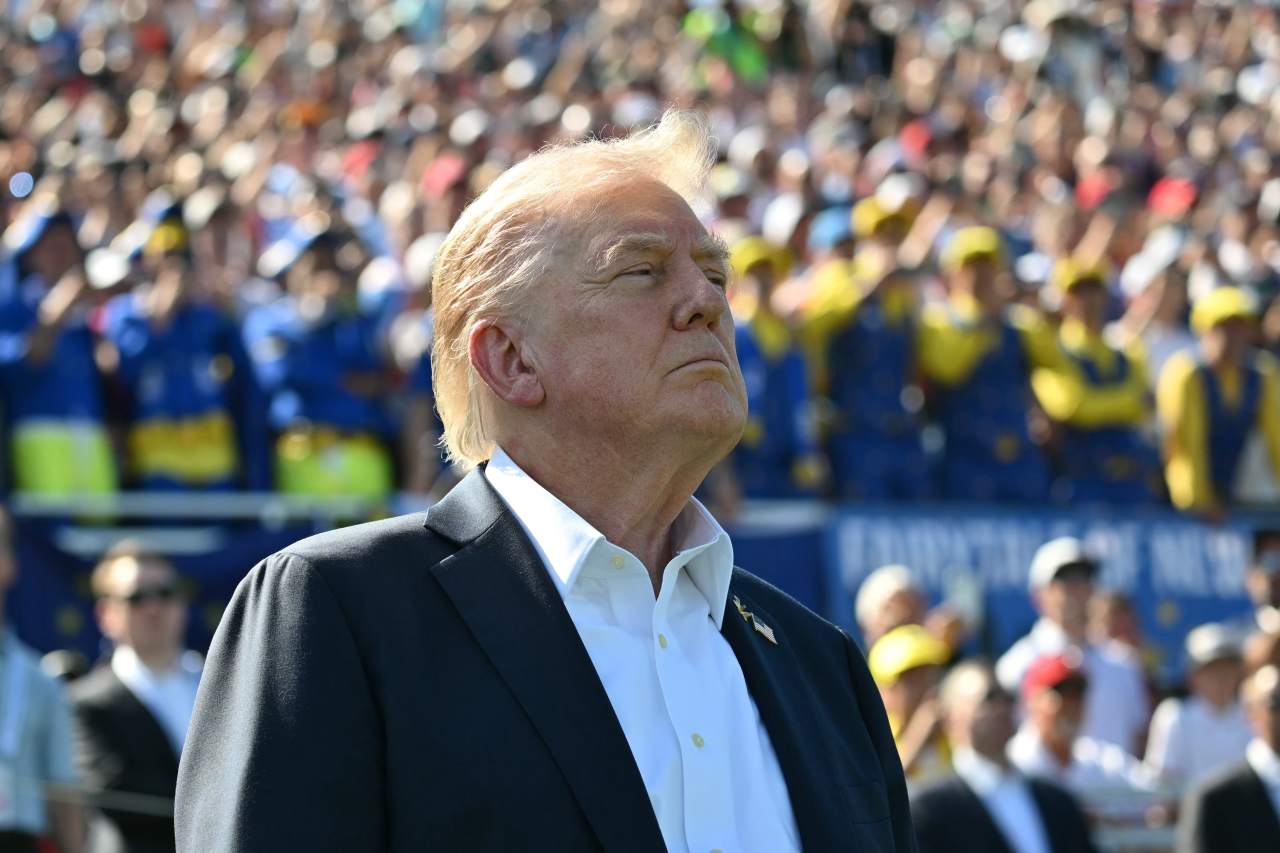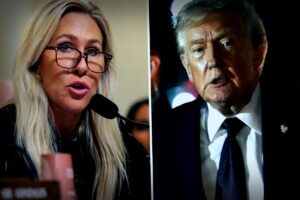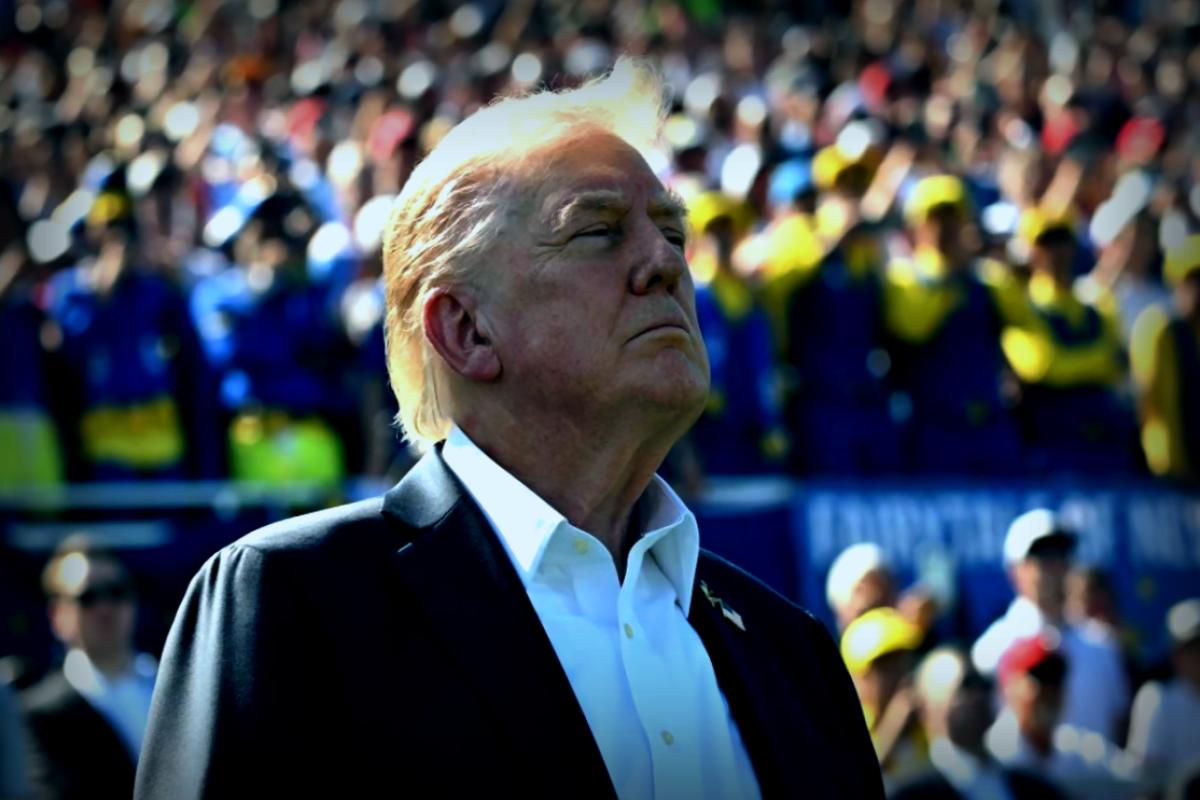
In a significant development, the Supreme Court has agreed to President Trump’s emergency request, allowing him to withhold $4 billion allocated for foreign aid, which had already received approval from Congress.
Despite the dissent of three liberal justices, the Court ruled that the government has shown enough grounds to suggest that those who would benefit from this aid cannot legally challenge the withholding under existing federal laws regarding presidential fiscal prudence.
This temporary order puts a hold on a prior decision from a lower court mandating the government to allocate these funds by September 30, the date when the current Congressional appropriation is set to expire. The Trump administration has been trying to avoid disbursing these funds, stalling in a legal tug-of-war that has bounced between lower courts and the Supreme Court for months.
In her dissent, Justice Elena Kagan remarked that the Court was entering “uncharted territory,” grappling with a legal issue related to a federal statute that’s only been nominally addressed in the past.
She emphasized the serious implications here: it’s about the division of financial powers between the Executive branch and Congress when it comes to public funds.
The crux of this issue is whether President Trump has the legal grounds to keep billions of dollars meant for foreign aid in limbo. The funds in question were designated to support humanitarian efforts via the State Department and USAID, which Trump made significant changes to shortly after assuming office.
Trump expressed to Congress his intention to allocate approximately $6.5 billion of the approved funds by the fiscal year’s end, but wants to withhold the remaining $4 billion.
In communications with congressional leaders, he mentioned his wish to retract the funds using authority under the Impoundment Control Act, which permits the White House to postpone spending under select conditions.
This move received backlash from both Democrats and some Republicans, who criticized it as an infringement on Congress’s prerogative and argued it could derail crucial discussions regarding government funding for the upcoming fiscal year.
With the application of the Impoundment Control Act, the Trump administration indicated Congress has 45 days to approve of this action, though by then the fiscal year will have concluded and the authorization will have lapsed.
A district court had already intervened with an order on September 3 preventing the government from postponing payment. U.S. Solicitor John Sauer sought urgent intervention from the Supreme Court after an appeals court declined to step in, arguing that the district court acted prematurely while Congress deliberated on the suspension of funding.
He noted, “It would be completely counterproductive for the Executive to commit to spending the very funds it is seeking to rescind.”
A group of organizations challenging Trump’s stance on foreign aid, led by the Global Health Council, has urged the Supreme Court to respect the district court’s order. They maintained that the government bypassed the necessary congressional review process, which demands simultaneous notification to both chambers. They’ve expressed broader concerns that the president overstepped by attempting to hold back funds Congress authorized.
Furthermore, they stated that compliance with appropriations laws is a fundamental obligation under the Administrative Procedure Act (APA). The government asserts, however, that it cannot be challenged in court under the APA since doing so would disrupt the procedural protocol necessary when rescinding previously approved budgets.
Kagan pointed out that the initial statement in the Impoundment Control Act explicitly prohibits misunderstanding the legal rights of a party in any related litigation regarding fund withdrawal. She stated, “It’s hard to devise a clearer assertion that anything in the law doesn’t block litigation rights.”
On September 9, Chief Justice John Roberts temporarily suspended the district court ruling while the Supreme Court reviews Sauer’s critical request.
Global Health Council CEO Elisha Dunn-Georgiou expressed deep disappointment regarding the Supreme Court’s recent order. “While this ruling is noted as preliminary, it poses immediate and dire consequences for communities and organizations reliant on life-saving support around the globe,” she stated.
Meanwhile, a spokesperson from the Office of Management and Budget has hailed this court ruling as a “major win” that restores the president’s capability to enforce his administrative policies.
For inquiries, contact Lydia Wheeler at lydia.wheeler@wsj.com





















